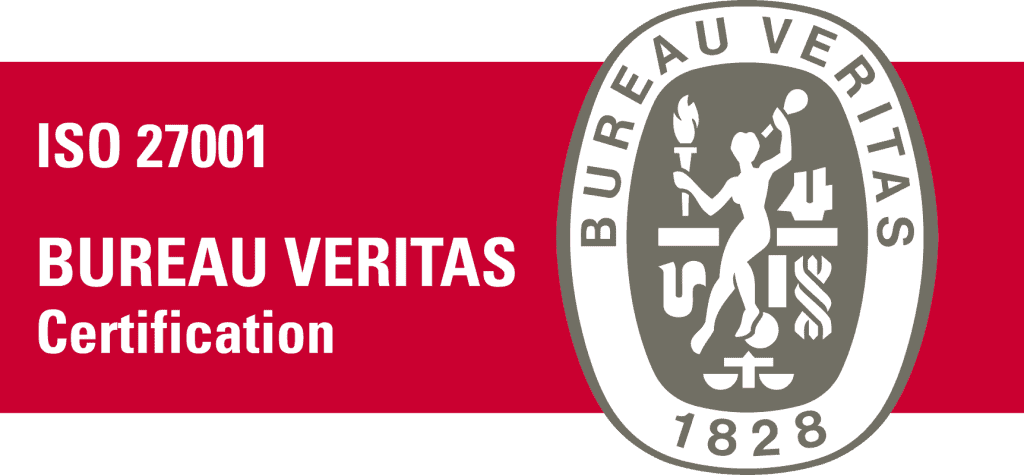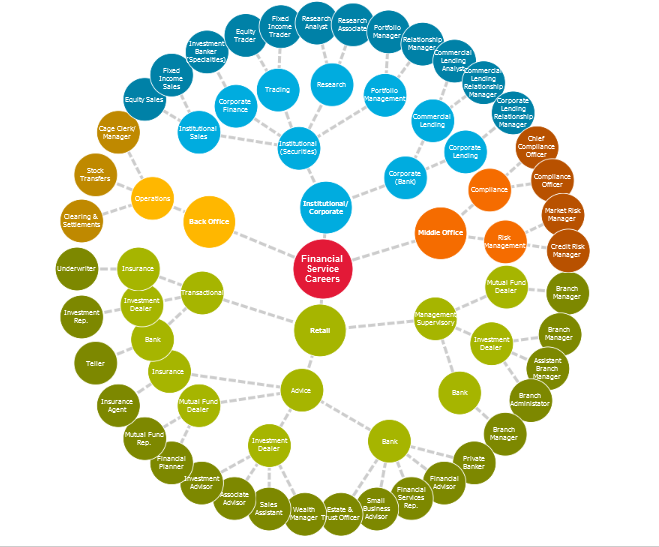
A company formation involves the creation and incorporation of a company in the United Kingdom. This is also known by the term company registration. It is also common in Ireland to form a company. There are three types of business formation: corporations, partnerships and sole proprietorships. You'll need to choose the one that best fits your needs and your industry.
Corporations
A corporation can be described as a legal entity where owners may own shares in the business. These shares may be transferred among owners or sold. The shareholders of a corporation do not own the company's assets but have a duty. They could be held liable if they fail to meet this obligation. Corporations are advantageous for businesses that need to raise capital as well as those who want to attract employees. They can be a great choice for medium and high risk enterprises.
Corporations are legal entities that have the right to enter into agreements, sue other people, own assets or remit federal and/or state taxes. They also can borrow money from banks and financial institutions. You must file paperwork with the state in which you plan to establish a corporation. You may need additional paperwork if your business plans take you outside of your home state.
Partnerships
A partnership is a type of business shared by two or more individuals. Partnerships are not legal business entities. However, they are registered with the state and provide limited liability protection. Additional licensing requirements must be met. A partnership, for example, must get an IRS employee identification number. This may be necessary to obtain a building and zoning permit. In addition, a partnership may have to pay additional taxes, such as self-employment tax or employer withholdings.

Partnerships can be easier to set up than other types of business structure. Partnerships are more tax-friendly than corporations as they are not subjected to the same rules and regulations that corporations are. They may not be the right choice for all businesses. Partnerships are used most frequently for professional groups. This includes lawyers, architects and doctors.
LLCs
There are several options for forming an LLC. The first step to forming an LLC is to complete Articles of Organization. This document designates which county the company is located. Generally, New York County is the jurisdiction of New York City's boroughs. However, some cities have both a county and a borough, so it's important to choose the correct county for your business. The next step is to name a Secretary of state as the LLC's agent in service of process. This means that the Secretary of State will be the person who receives any papers acquiring jurisdiction over the LLC.
You must get a state certificate to prove that the LLC is officially registered in your state during the process of business creation. This certificate is necessary to obtain your business tax ID number, and set up a bank account. You will also need to prepare an operating contract, which includes the legal and financial details regarding your business. This agreement can contain information such as the members' exits and capital contributions. Be sure to include all information, including contact information and names of members.
Sole proprietorships
Solo proprietorships are a popular choice for small-time business owners. This type of business structure gives the owner total control over the company. It is also cost-effective and does not require the company to attend meetings or have limited liability.
Sole proprietorships are easy to set up and easy to dismantle. Many small businesses are started as sole proprietorships. They then move to a limited liability entity (LLC), or corporation. One downside to sole proprietorships is that they do not offer protection from the government. All of the company's obligations fall on the owner. Because they are relatively inexpensive and easy to set up, sole proprietorships are popular with people with smaller budgets.

Limited partnerships
Limited partnerships are an option for those who want to start a business. They are able to protect the general partners and ensure that they don't become personally liable for the company's debts. In addition, limited partners can contribute startup capital while the general partners take the greater risk of the business's success. A limited partnership requires the registration of the partnership with the Secretary-of-State's office. To start a business, the partners must fill out a formal document called a "certificate of limited partnership" that includes the business name, business agent, and the name of the general partner. The next step is to draft an internal partnership agreement that defines the roles and responsibilities of each partner and the limited partnership's profits and losses.
A limited partnership has another advantage: it is tax-efficient. While general partners are subject to self-employment taxes on profits, limited partners are exempt from this obligation. This tax savings can prove very beneficial as limited partners do not participate in the management of the business.
FAQ
What degree do I need to become a consultant?
Studying a subject deeply and then applying your knowledge is the best way for you to become an expert.
You can learn all you need to know to become a great consulting professional by starting to study now.
It may be difficult to get hired if your degree is not accompanied by relevant work experience. If you have demonstrated that you have studied the same subjects as those who received the jobs, then you may still be eligible to apply.
Employers will always seek out candidates who have real-world experience.
How does consulting differ from freelancing?
Freelancers work as independent contractors and offer their services without the assistance of an agency or company. They usually charge an hourly rate based on how much time they spent on a project. Consultants often work for companies or agencies that employ them. Their salaries are often paid monthly, or annually.
Consultants often have more flexibility, while freelancers can choose to work when they want and set their own rates. Consultants often offer better benefits such as vacation days and retirement plans, health insurance, and vacation days.
Who hires consultants?
Many businesses hire consultants to assist them with their projects. This includes small businesses, large corporations and government agencies.
Some consultants work directly for these organizations, while others freelance. In either case, the hiring process varies depending on the size and complexity of the project.
You will likely go through multiple rounds of interviews when hiring consultants before you choose the candidate you feel is the best fit for the job.
What is a consultant?
Consultants provide services for others. It's not just a job title; it's a role where you help others achieve what they want from life. You do this by helping them understand their options and helping them make the right choices.
Consultants are skilled at solving problems and overcoming challenges that can arise during projects. Consultants can also offer advice and guidance regarding how to implement these solutions.
Consultants should be able and willing to answer any questions regarding business, technology or finance, leadership, strategy, customer service, legal, management, leadership, management, law, management, law, procurement, legal, marketing, human resources, etc.
Which industries use consultants?
There are many different types. Many consultants specialize in a particular type of business. Others may be more focused on multiple types.
Some consultants are only available to private companies while others work with large corporations.
Many consultants also work internationally to assist companies from all corners of the globe.
How do I set up an LLC to consult?
The first step is to decide what service provider you want to be. The next step is to ensure that you're qualified for the services you offer. It may be a good idea to seek out someone who offers the services you need and observe their work.
Once you have an idea of the content you want, you can then determine where your target audience is. You may have to create more if there aren’t enough.
Next, you will need to decide if you want to start your own business or hire others.
It is possible to also start your own consulting firm by obtaining a license from the State. But this will require a lot more paperwork and legal costs.
Statistics
- "From there, I told them my rates were going up 25%, this is the new hourly rate, and every single one of them said 'done, fine.' (nerdwallet.com)
- My 10 years of experience and 6-step program have helped over 20 clients boost their sales by an average of 33% in 6 months. (consultingsuccess.com)
- On average, your program increases the sales team's performance by 33%. (consultingsuccess.com)
- Over 50% of consultants get their first consulting client through a referral from their network. (consultingsuccess.com)
- According to IBISWorld, revenues in the consulting industry will exceed $261 billion in 2020. (nerdwallet.com)
External Links
How To
What Does A Typical Day For A Consultant Look Like?
Your work type will determine the length of your day. However, the majority of your day will consist of research and planning, meeting clients and preparing reports.
You will have many meetings where clients and you can discuss their issues. These meetings can be held over the telephone, online or face-to face.
You may also be asked to prepare proposals, which are documents outlining your ideas and plans for clients. These proposals will be presented to clients by you and a mentor.
After all the preparation, you'll need to start creating content. For example, you could be writing articles, designing websites, creating videos, editing photos, or conducting interviews.
Depending on the scope of the project, you may need to do some research in order to gather relevant statistics or figures. It may be necessary to know how many customers are currently using your products or services.
Once you have all the information needed, it is time for clients to see your findings. Your findings can be presented orally or written.
You must also follow up with clients following the initial consultation. You might contact them regularly to check on their progress or send them emails to confirm they have received your proposal.
Although this process can take time, it is important to stay focused and build good relationships with your clients.